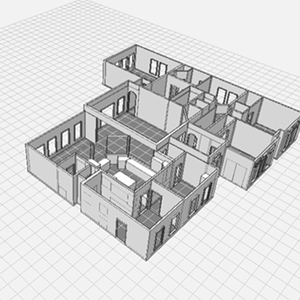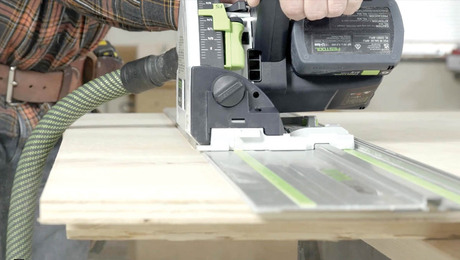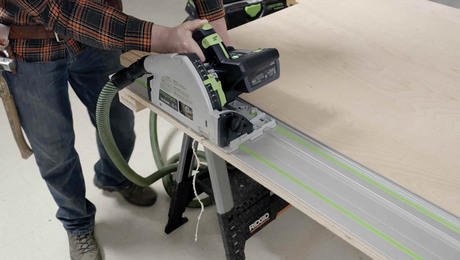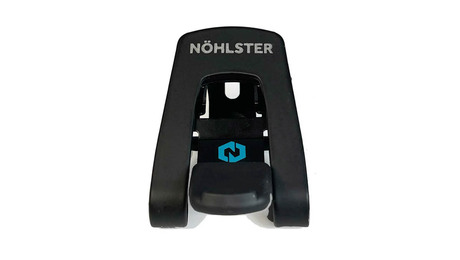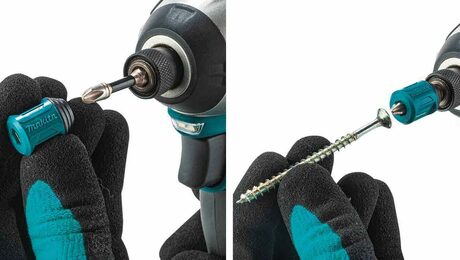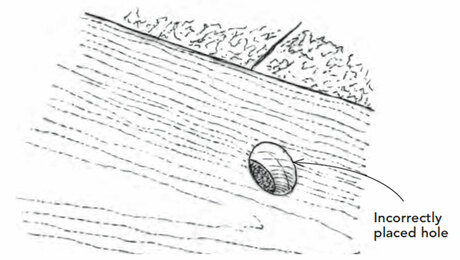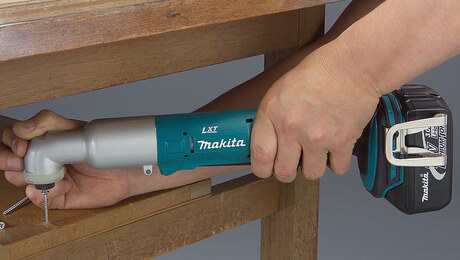18v Cordless Drills: Power to Spare
It's no surprise that each sinks hundreds of screws on a charge, but you might be surprised by which tool drove the most.
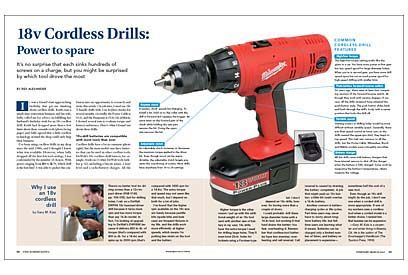
Synopsis: This tool survey compares the specifications, features, and performance of 10 different 18-volt cordless drills, with field tests that focus on power, torque, and endurance. Included is an evaluation of ergonomics, information on useful accessories, and a sidebar explaining the benefits of 18-volt drills versus other types of drills.
It was a friend’s fast-approaching birthday that got me thinking about cordless drills. Keith runs a small chair-restoration business, and his wife, Sally, called me for advice on fulfilling her husband’s birthday wish for an 18v cordless drill. Keith had dropped more than a few hints about these versatile tools, and Sally agreed that a little cordless technology around the shop could only help their business.
I’ve been using cordless drills in my shop since the mid-1980s, and I thought I knew what was available. However, when Sally dropped off the first few tool catalogs, I was confounded by the number of choices. With prices ranging from $80 to $270, which drill is the best buy? I was able to parlay this confusion into an opportunity to research and write this article. On job sites, I used ten 18v T-handle drills with 1 ⁄2-in. keyless chucks for several months (Actually, the Porter-Cable is 19.2v, and the Panasonic is 15.6v.). In addition, I devised several tests to evaluate torque and battery endurance. Here’s what I found out about these drills.
18v-drill batteries are compatible with more tools than ever
Cordless drills have a lot in common, but the most useful ones have batteries that can be used in other cordless tools. DeWalt’s 18v cordless-drill battery, for example, works in 13 other DeWalt tools, including a biscuit joiner, a laser level and a radio/battery charger. All the other 18v drills in the survey have batteries that can be used in at least one other tool, and more than half of the drills have batteries compatible with six or more other tools.
More power in a smaller package
I see more and more 18v drills on the job, and I think that’s because they out-muscle their 12v and 14.4v predecessors. With additional power, however, comes additional weight, both in the power train and battery. DeWalt is the heaviest at 6 lb., with Milwaukee, PorterCable and Bosch close behind. And even though 18v drills are heavier than their 12v and 14.4v counterparts, drill manufacturers are constantly trimming their fat. While manufacturers of 18v drills are not really leaning toward more power per se, they are attempting to pack “more power in a smaller package,” says Steve Cole, cordless product manager with Bosch Power Tools.
The aforementioned trend was made plain to me by the outstanding performance of the Panasonic cordless drill, which is the smallest tool of the bunch. In a test designed to compare battery endurance, the smaller 4 1⁄2-lb., 15.6v drill by Panasonic, a leading battery manufacturer, outperformed all the 18v tools.
A few simple tests
Cordless drills will handle ordinary tasks such as driving a few screws and light-duty, high-speed drilling with relative ease. The real question is how these drills stack up when they’re doing bigger jobs that involve sinking hundreds of screws or drilling with hole saws or large-diameter spade bits.
For more photos and details, click the View PDF button below:
Fine Homebuilding Recommended Products
Fine Homebuilding receives a commission for items purchased through links on this site, including Amazon Associates and other affiliate advertising programs.
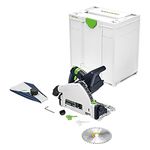
Festool Cordless Track Saw (TSC 55 KeB-F)
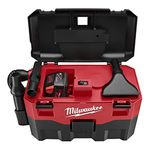
Milwaukee Cordless Shop Vac (0880-20)
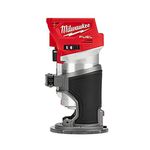
Milwaukee Compact Cordless Router (2723-20)




